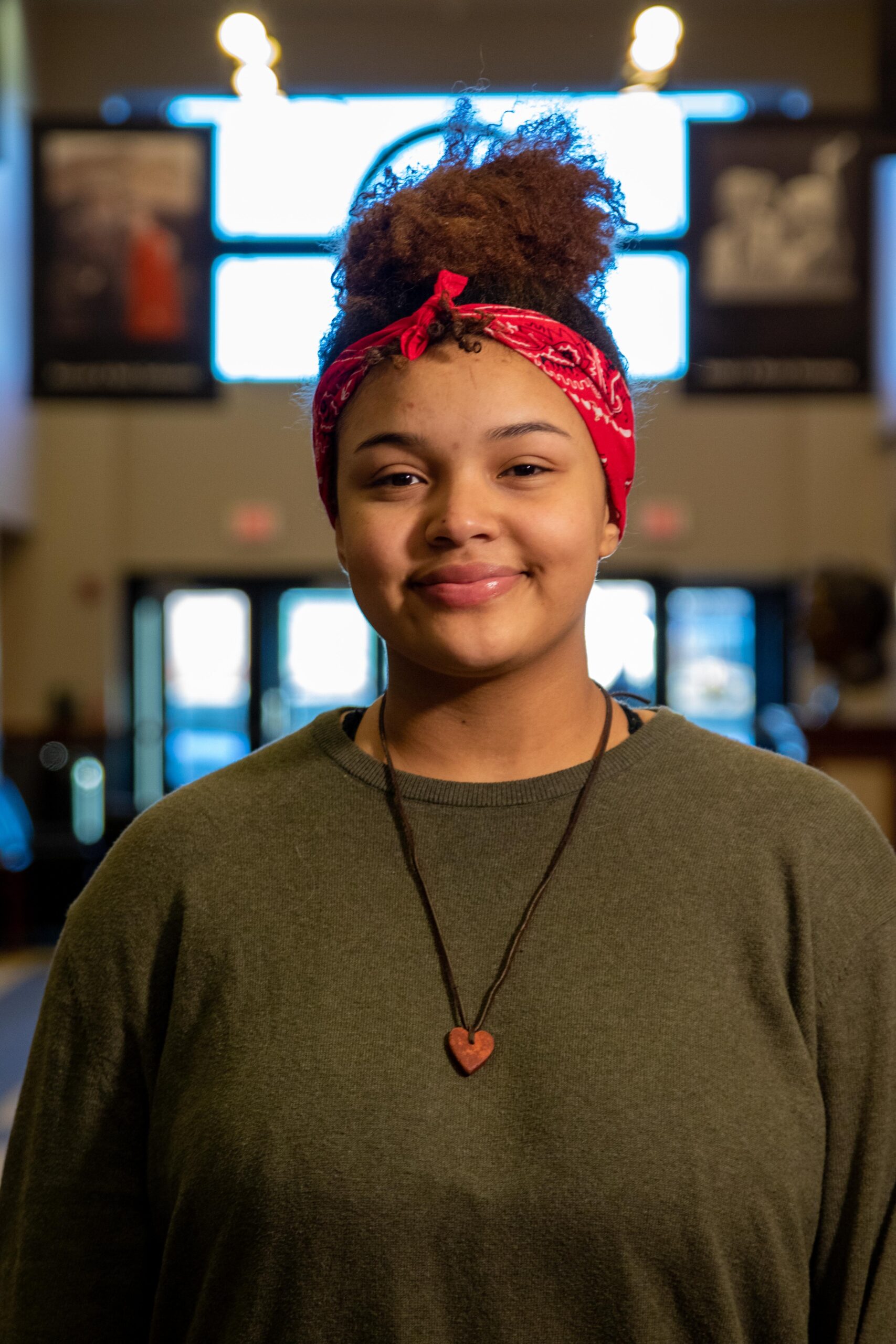
Black History Month is important for everyone
They say the thing about history is the winners get to write the books. However, being a historical ‘winner’ is a lot like laying claim to a fairytale thrown; if done loudly with enough money, ammunition and poison apples, no one will argue.
The volumes of history commonly read, cited and taught in schools are written not by winners, that mastered right and wrong. Rather, the stories were told by privileged individuals, of whom benefited from a system designed for their success.
The United States of America was built upon and economically established by Black bodies plagued by white whips. As the nation continued to develop, a new form of colonization arose: Erasure. The systematic exclusion of Black people from history accreditation. Correct, history was the first thing to announce that it, “Doesn’t see color.”
Today, Black History Month is about celebrating the unsung roles of black people in history. February is the month in which Americans, black and not, come together to discuss the stories that were, shaded over by Colorism, drowned-out by hoses, torn by dogs or silenced with gun-shots.
Young generations are leading a dialogue about what race does and doesn’t mean in modern-day America. Conversations about black mothers that are three times more likely to die of something pregnancy-related than white mothers, the over-incarceration of black bodies, black hair as a cultural connection and not contradictory to professionalism and the acceptance of black as a culture have spread. The #BlackLifesMatter movement is one example of a platform that provided a space to debate the meaning of race and its connection to culture.
It is important for people, from the tone-lacking to the highly melanated, to engage in conversation about and celebration of Black History Month because black culture is American culture.
Black history is American history. Something made clear by the history of music genres from Blues to Hip-Hop, as well as the idolization of black celebrities by people of all races. Influential figures like Beyonce, the Obamas, Oprah and several others, appeal to diverse audiences with total disregard for any racial divide.
Don’t get it twisted, I do not negate the relevance of race. I do see color; I also see black people as having an equal claim to the title of American. I hope generations of the future will continue to engage in inclusive conversations promoting self-actualization beyond false limitations based on race.
